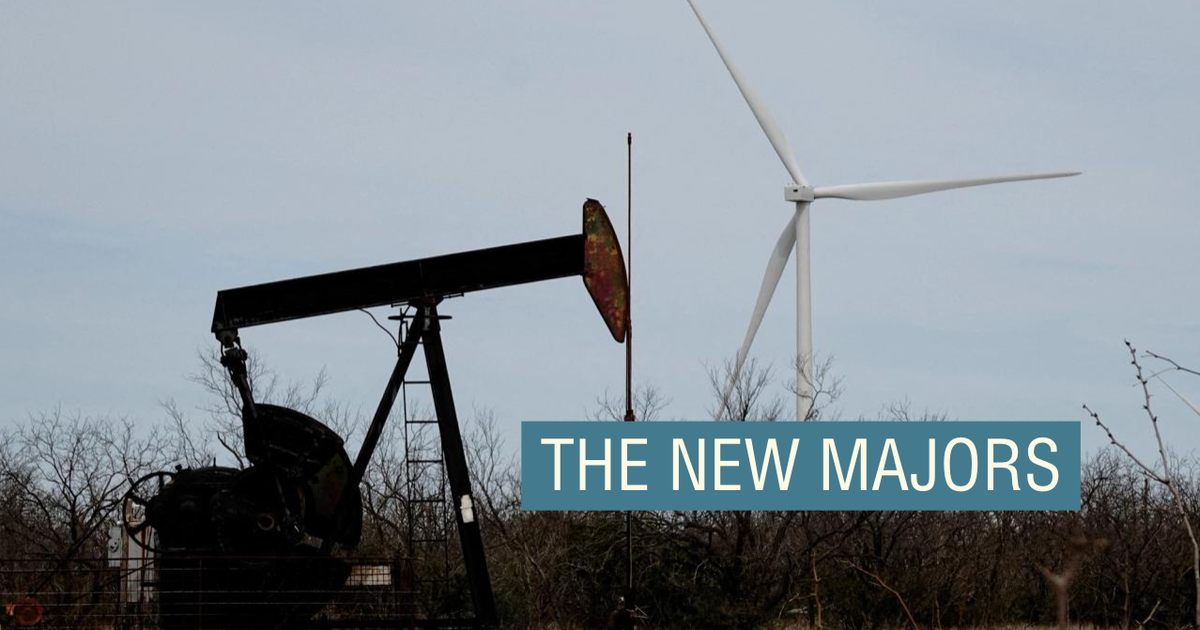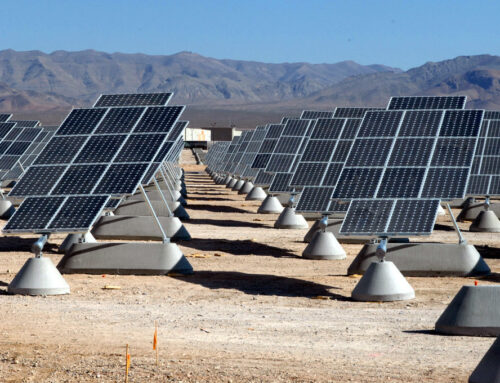A clean energy ‘supermajor’ wants to expand its megadeal
October 25, 2024

Toronto-based Brookfield is a giant, with nearly $1 trillion in assets under management by its own calculation and a heavy focus on real estate, though in recent years it has pushed more aggressively into infrastructure and renewable energy. In February, it announced it had raised $10 billion for a second energy transition-focused fund, after drawing in $15 billion two years earlier.
That huge size has given it outsized influence in the world of clean power, and Brookfield has not been shy about making major bets: Its 10.5 GW deal with Microsoft could ultimately result in $15 billion of capital expenditure, Vevaina said. Shortly after, it partnered with Singapore’s Temasek to buy the French renewable-power producer Neoen, valuing that company at €6.1 billion ($6.6 billion).
Taken together, those two transactions encapsulate Brookfield’s strategy when it comes to renewables: Its mammoth scale — it has almost 34 gigawatts of clean power-generating capacity, more than the total comparable figure for the UK — allows it to more easily finance the development of solar and wind, extract better terms from suppliers, and court the most lucrative customers.
“There’s a movement to scale,” Vevaina said. “So if you’re large, [if] you have these relationships with folks like Microsoft and others, you can really unlock a lot of value from a smaller developer that might not have those things.”
That’s where the Microsoft deal comes in. (Brookfield has others like it, including a similar, albeit smaller, one with Amazon.) Vevaina said Brookfield plans to use the existing pipeline of renewable projects in its portfolio to deliver power to the tech giant globally through a series of mini-deals, each at a different price point, but acknowledged it “would absolutely” look to acquire new power generation assets as well as entire companies in order to meet fast-growing demand: “We are very bullish on the sector, and we are constantly out there, looking for good acquisition opportunities and growth.” It will also look at technologies beyond solar and wind power, including small modular nuclear reactors (SMRs), he said.
“The market is so large, and the pie keeps growing,” he said. “This is a big opportunity for us.”
In part, that is driven by data center demand that Vevaina said will be even higher than the most aggressive forecasts of multifold increases in electricity requirements in the coming decades. (Brookfield also operates its own data centers.) “It’s really staggering scale. I think it’s going to drive quite a lot of growth for renewables [and] other technologies like storage and SMRs.”
Search
RECENT PRESS RELEASES
Related Post




